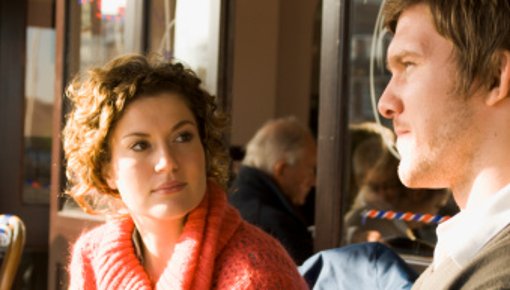Everything took a lot longer
After vacation I realized that I was only able to do my tasks at work in slow-motion, while others were doing their work faster. My handwriting got smaller and smaller and increasingly spidery. At home everything took longer as well and I had to get up earlier and earlier to make sure I got to work on time. I took increasingly shorter breaks, but I still couldn't get all of my work done. Outside of work I didn't have time to relax or meet friends either. I looked for a cleaner, but that was only a short-term solution.
At the time I knew hardly anything about Parkinson's. I went to see my GP about my tense back muscles and depression. At a later appointment she said she had an inkling as to what I might have. But she thought it wasn't actually possible because I was too young for that. I guess she didn't know that Parkinson's can also affect younger people.

